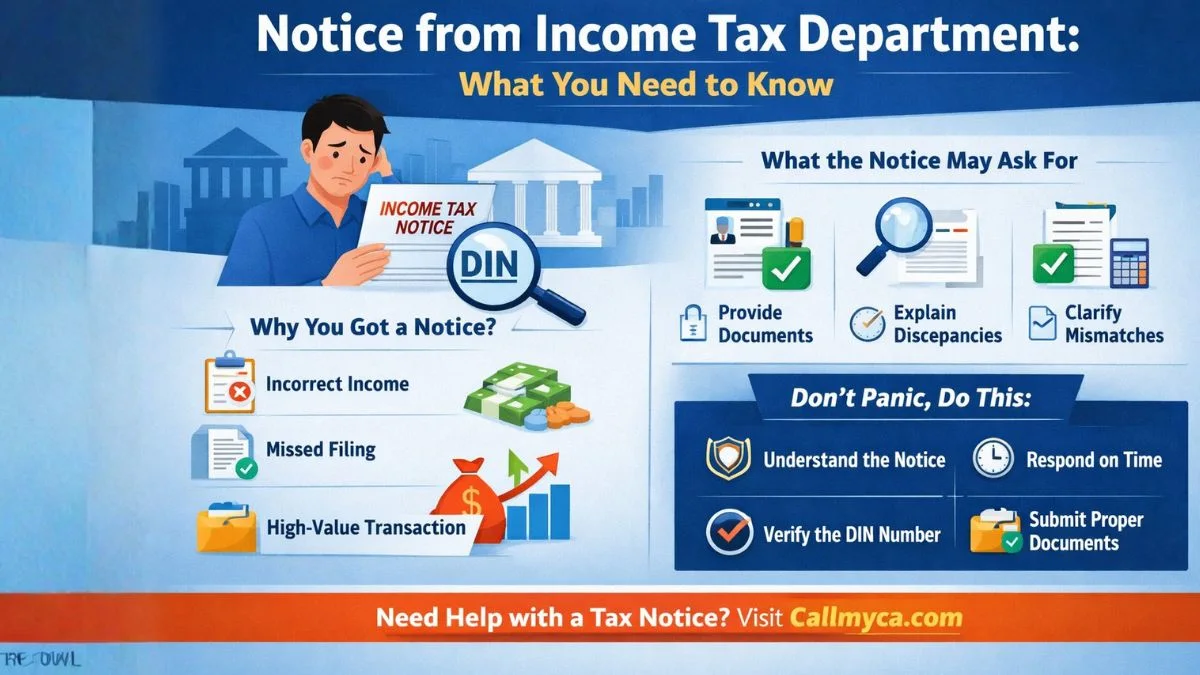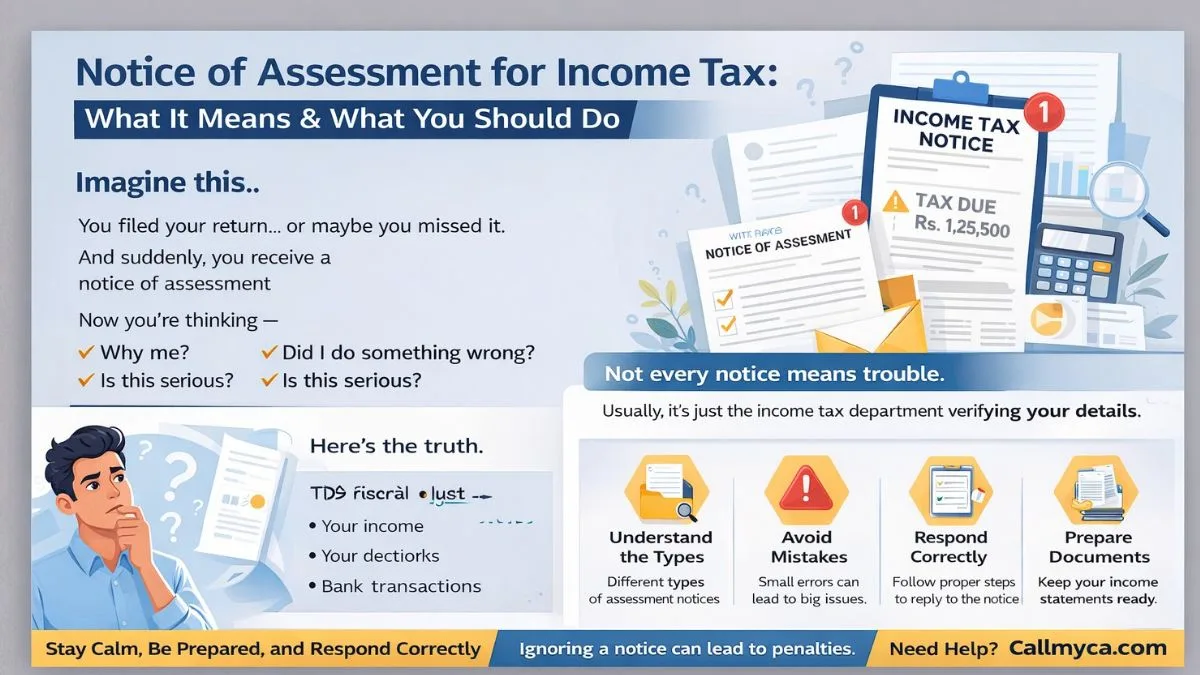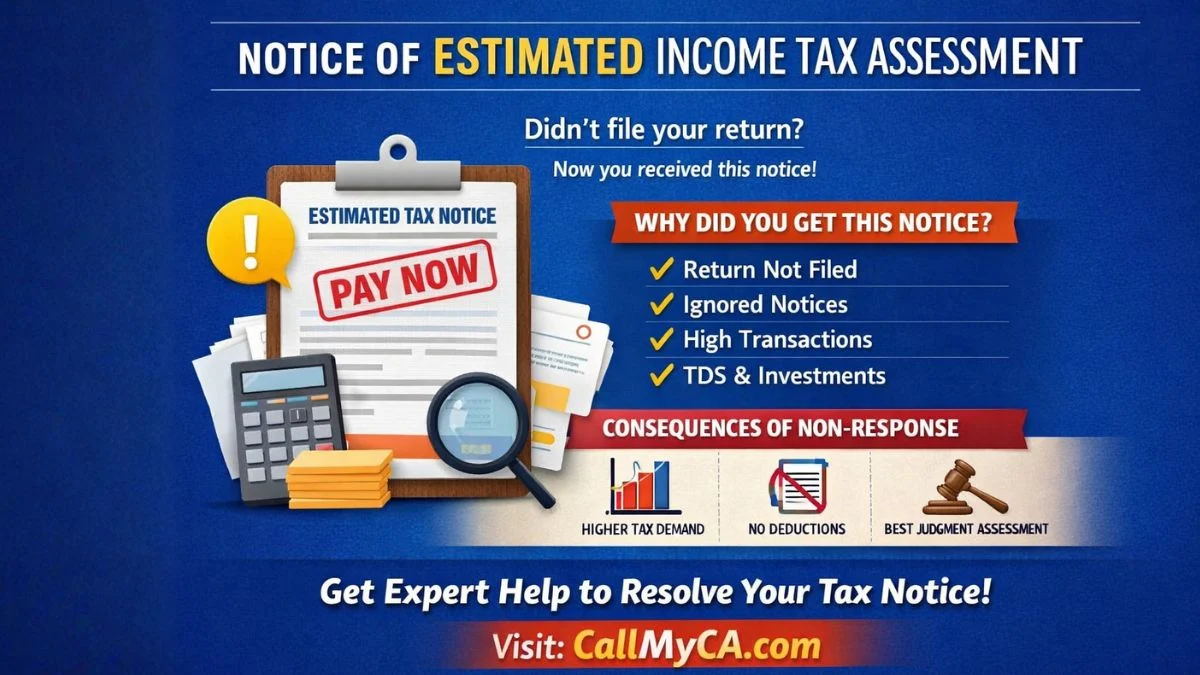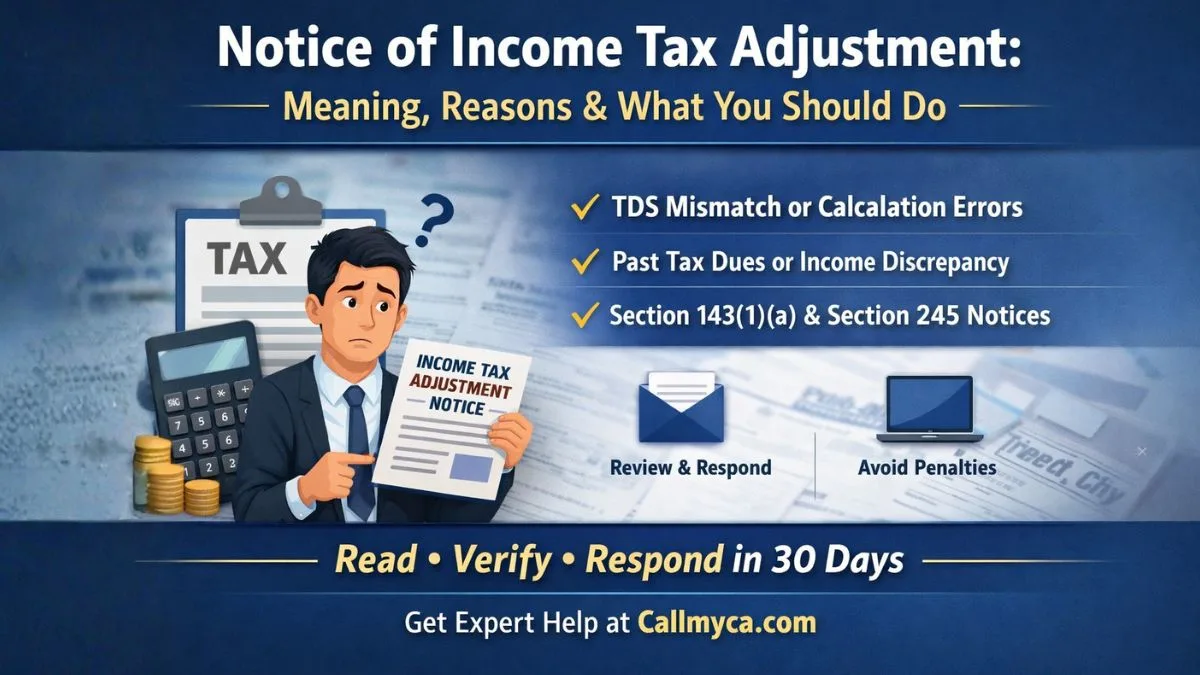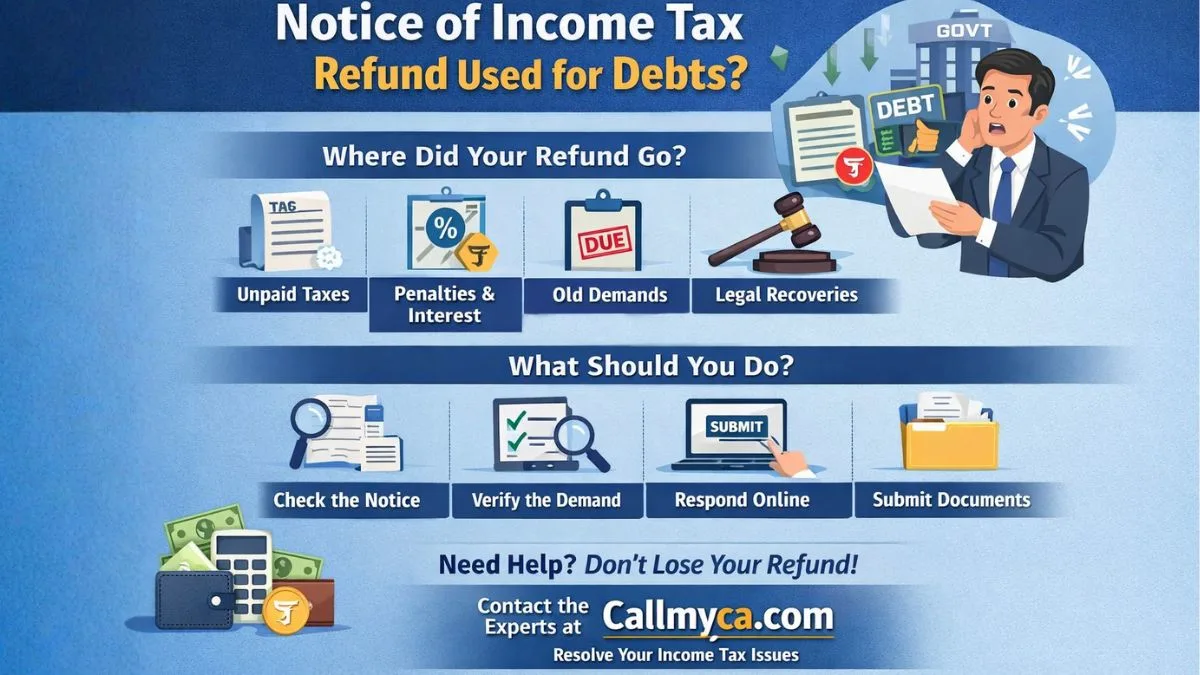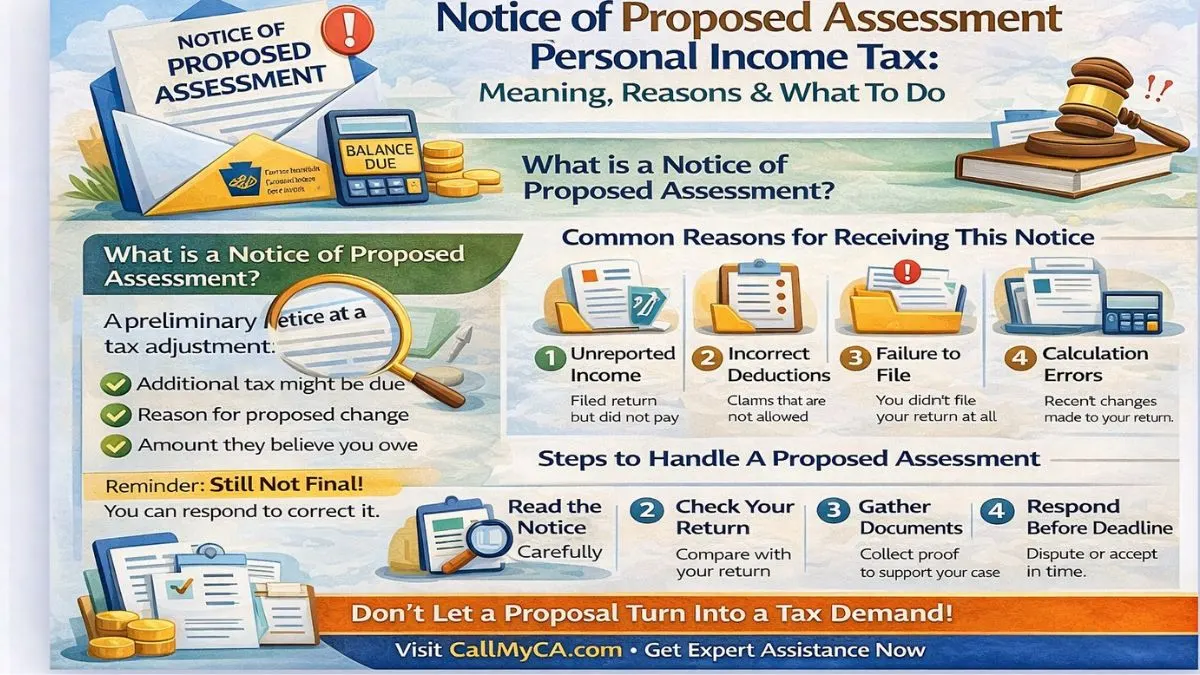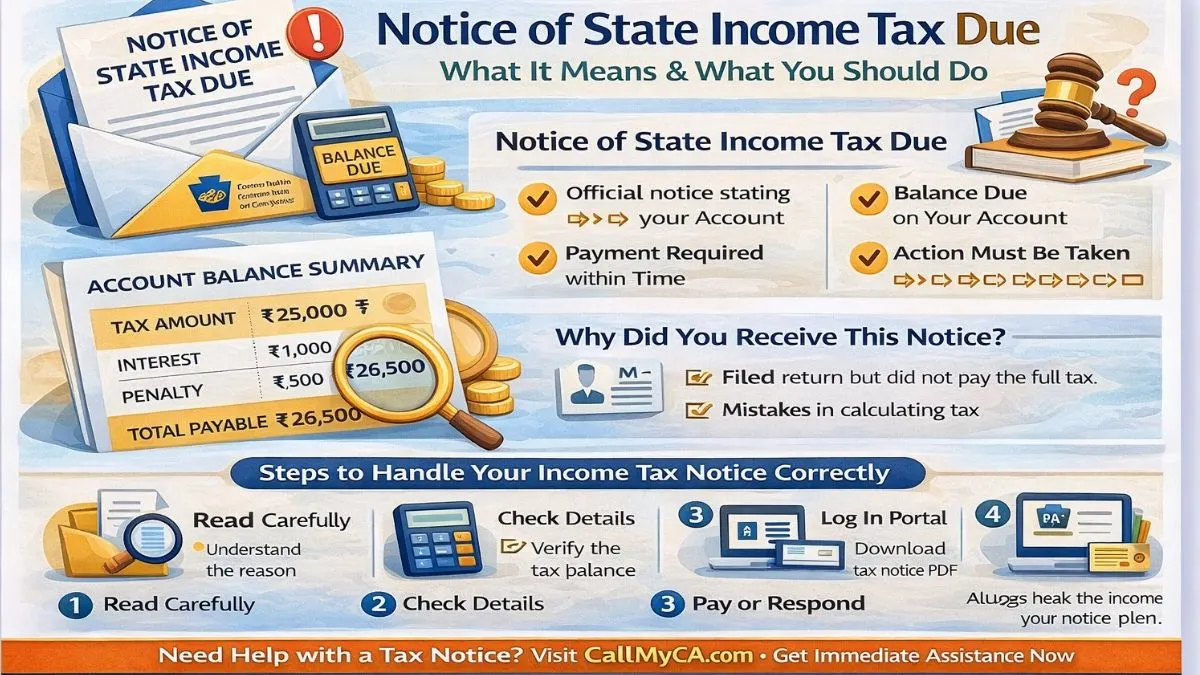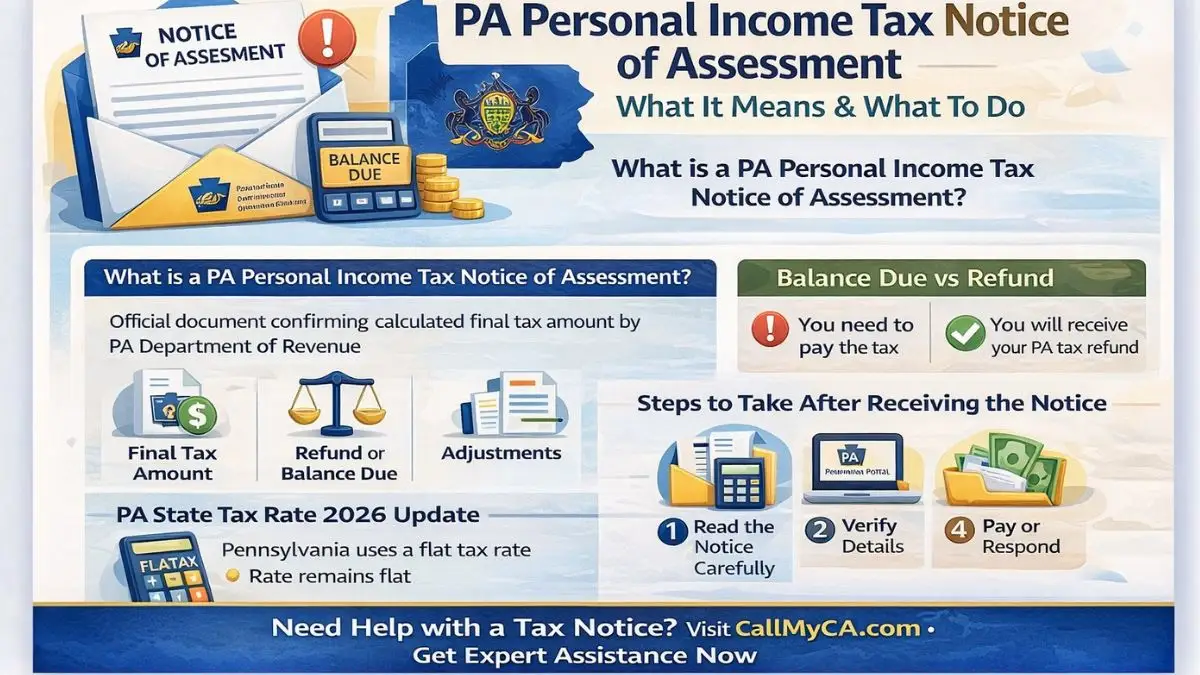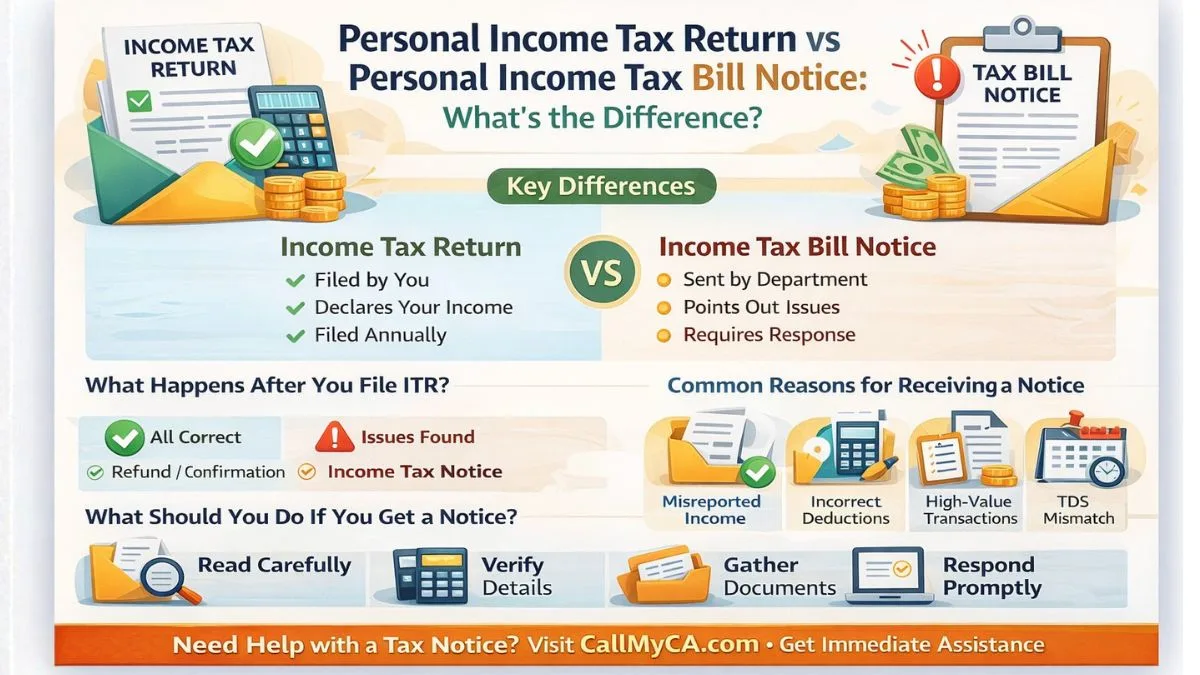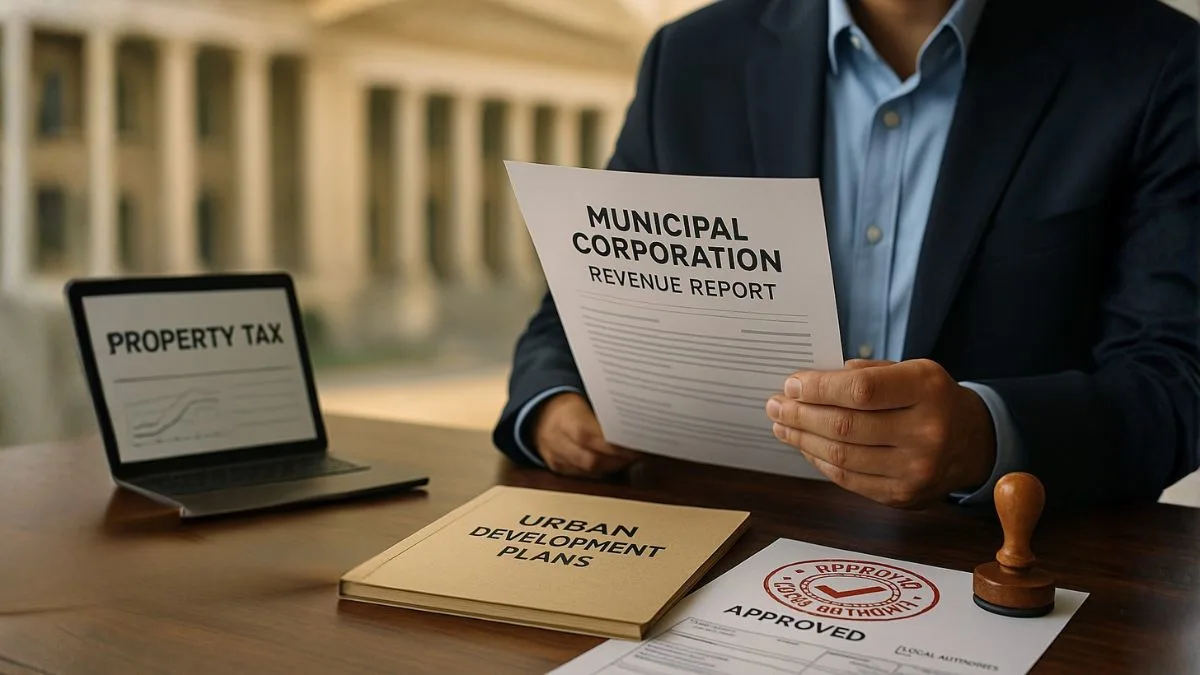
Most people think income tax law affects only individuals, companies, & partnership firms. But there is another set of taxpayers—local authorities—whose work directly impacts everyday life. Municipal corporations maintaining your roads, panchayats funding water supply projects, or district boards handling local sanitation matters often earn income from various sources. If these bodies had to pay taxes on every rupee collected, a large part of public funds would get diverted away from basic community services.
To ensure this does not happen, the legislature introduced Section 10(20), a provision that grants a complete exemption for the income of a local authority. Over the years, the interpretation of this section has evolved significantly. Amendments, court rulings, and clarifications have shaped what exactly counts as a “local authority” and which incomes qualify for exemption. This article breaks down the entire section in a practical, simple, and relatable manner.
What Section 10(20) Really Says — In Simple Language
In its core form, Section 10(20) offers an exemption from income tax to specific local authorities. The idea is straightforward: income earned by local self-governance bodies should not be taxed because the money eventually gets used for public welfare. This exemption ensures they can operate without worrying about tax liabilities eating into their budgets.
However, not all bodies created under state or central law automatically qualify. The Income Tax Act limits this benefit to a very specific list of authorities. After amendments in the Finance Act, 2002, the scope of “local authority” became narrow & restrictive, preventing misuse of the exemption by institutions claiming “local authority status” for tax benefits.
Who Exactly Is a Local Authority Under Section 10(20)?
To understand the exemption completely, you must first understand who the law recognises as a “local authority.” According to the Act (read with various judicial clarifications), the following bodies fall under this definition:
- Municipal Committees
- District Boards
- Municipal Corporations"
- Panchayats operating under the Constitution
- Local bodies legally entrusted with civic duties such as sanitation, public health, urban planning, water supply, etc.
These authorities are empowered by the state to provide local services. Their income—whether from property taxes, municipal fees, or certain grants—is eligible for exemption.
Also Read: Tax Exemption for Scheduled Tribes in India
What Types of Income are Exempt Under Section 10(20)?
Although the section grants a complete exemption for the income of a local authority, this does not mean every income source is automatically exempt. The exemption applies to income earned in the capacity of performing statutory duties. This typically includes:
- Revenue from local taxes (property tax, water tax, drainage tax)
- Fees collected for licenses, permits, or market operations
- Rent earned from municipal shops or markets
- Fines and penalties collected under municipal laws
- Grants received from the state government to perform civic duties
The entire point of Section 10(20) is to ensure that money earned for public good remains available for public good.
Income That May NOT Be Exempt for Local Authorities
A frequent confusion arises when local authorities run commercial ventures—shopping complexes, paid parking lots, event halls, or public utility services with commercial pricing. Courts have clarified that exemption applies only to income arising from activities directly related to local governance.
For example:
- Running a water supply system = Exempt
- Renting out a stadium for commercial profit = May not be exempt"
The finer distinction lies in whether the activity is part of the statutory function or purely a profit-oriented venture.
Important Court Rulings That Shaped Section 10(20)
Several judgments helped define the boundaries of this exemption. After 2002, many bodies that earlier claimed exemption were excluded. The courts ruled that “local authority” must be interpreted strictly, not broadly. Only those institutions specifically listed & recognised under law can claim the benefit.
This was done to prevent misuse, as many development authorities, urban improvement trusts, & industrial development bodies were claiming exemptions even though they operated as commercial institutions.
Why the Exemption Exists — Policy Rationale
The exemption under Section 10(20) is not about reducing the tax liability of salaried individuals or private taxpayers. It is about supporting institutions that form the backbone of India’s grassroots governance. Their responsibilities include:
- Building local roads
- Maintaining sewage systems
- Running public health programs
- Providing street lighting"
- Managing local transport hubs
- Operating public markets
Taxing these authorities would indirectly burden citizens since the cost of services would rise. The exemption ensures affordability, continuity, & efficient functioning of civic systems.
Also Read: Exemption for Sikkimese Individuals
Real-Life Examples to Understand Section 10(20)
Example 1: Municipal Corporation Renting Out Shops
A municipal corporation owns 20 small shops in a community market. The rent collected is used to maintain public toilets, street lights, and drainage systems.
👉 Income is exempt because rent arises from a statutory function—market management.
Example 2: Panchayat Charging Fees for Water Connections
A village panchayat collects fees for new water connections & uses this money for pipeline maintenance.
👉 The income is fully exempt under Section 10(20).
Example 3: Development Authority Running a Commercial Convention Centre
A development authority hires out a large convention centre for commercial events.
👉 Not exempt because such authorities are not classified as “local authorities” post amendment, and the activity is commercial.
These examples show that classification purpose together determine eligibility.
How Section 10(20) Interacts With Other Exemption Provisions
Several other exemption sections exist in the Income Tax Act, such as:
- Section 10(46A) – Exemption for certain regulatory authorities
- Section 15H – Tax-related relaxation for senior citizens
- Section 86 – Treatment of share in an AOP/BOI
- Sukanya Samriddhi Yojana income tax section – Separate exemption mechanism
- Deductions linked to scientific research expenditure under various provisions
While these provisions focus on individuals, trusts or specific schemes, Section 10(20) focuses exclusively on local authorities, making its scope distinct & limited.
Compliance Requirements for Local Authorities Claiming Exemption
Although Section 10(20) automatically provides exemption, authorities must still:
- Maintain separate books of accounts
- Ensure no income originates from non-statutory commercial activities
- Provide documentation during assessment if required
- Ensure activities stay within statutory limits
- Avoid operating as profit-making enterprises
Failure to maintain clarity between statutory revenue & commercial operations often leads to litigation.
Also Read: The Tax Exemption Fund Managers Don’t Talk About: Section 10(23FBA)
Practical Challenges Faced by Local Authorities
Even though the exemption sounds simple, local authorities face challenges such as:
- Misclassification of income"
- Confusion regarding statutory vs non-statutory functions
- Frequent amendments by state governments
- Court rulings narrowing the definition of “local authority”
- Overlapping roles with development authorities
These issues often result in disputes with the Income Tax Department, especially when authorities engage in revenue-generating activities outside their statutory scope.
Conclusion: Section 10(20) and Its Real Purpose
At its heart, Section 10(20) ensures that essential civic bodies can function smoothly without financial strain. By offering a complete exemption for the income of a local authority, the provision keeps local governance affordable for citizens & efficient for administrators. Whether you are a professional advising municipal bodies, a student learning tax law, or someone working inside a local authority, understanding this section helps you navigate compliance with clarity.
If your local authority, municipal body, or institution needs guidance on exemptions, compliance, or assessment under Section 10(20), you can always reach out through CallMyCA.com—where tax experts simplify even the most complex provisions with practical advice.

